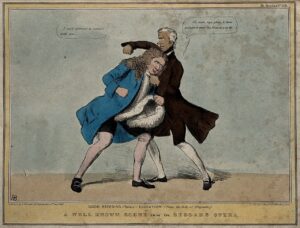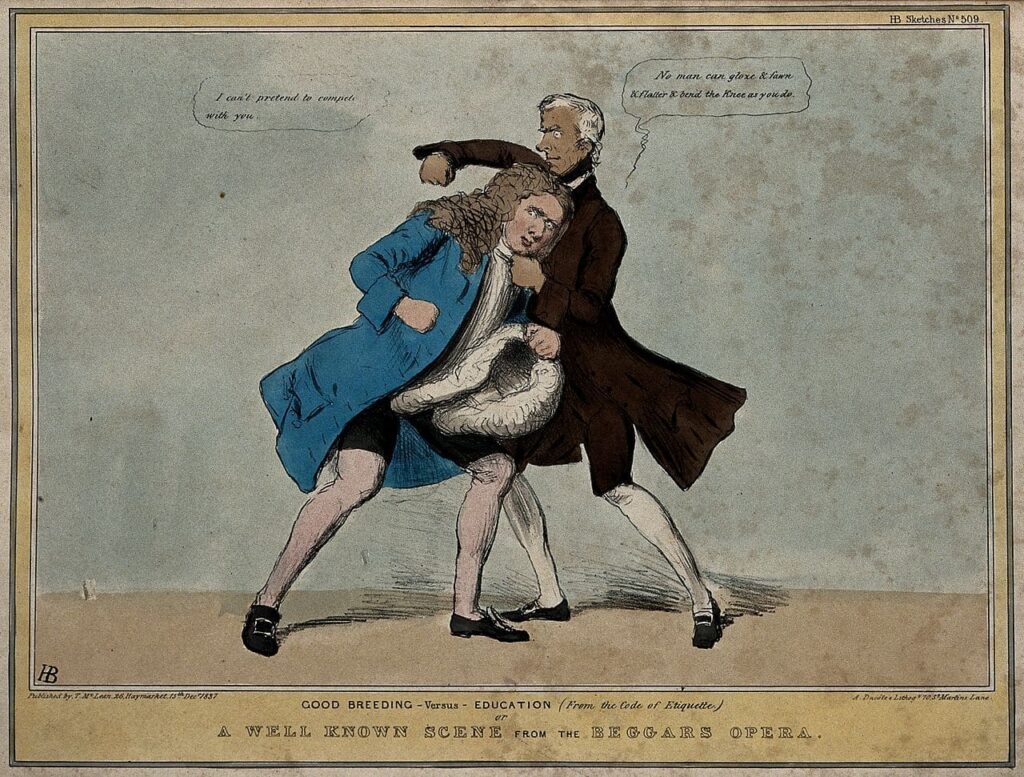 A semi-truck driver was recently denied workers’ compensation benefits for injuries stemming from an on-the-job fistfight because an arbitrator and the Illinois Workers’ Compensation Commission determined that he was the “aggressor” in the altercation.
A semi-truck driver was recently denied workers’ compensation benefits for injuries stemming from an on-the-job fistfight because an arbitrator and the Illinois Workers’ Compensation Commission determined that he was the “aggressor” in the altercation.
In the matter of Locker v. Mr. Bult’s Inc., Mr. Locker, a semi-truck driver for a waste management company, was waiting at a work site to pick up a load of trash. According to Mr. Locker, a company rule dictated that drivers with higher seniority could pick up their loads first. Because of this rule, he claimed that he got into an argument with a coworker for cutting in front of him, even though Mr. Locker had more seniority. The argument grew more intense, culminating in a physical altercation, during which the coworker tackled Mr. Locker, causing him to fall to the ground and strike his head. Mr. Locker then filed a workers’ compensation claim for his injuries.
FISTFIGHT “VICTIM” ACTUALLY “AGGRESSOR”
While acknowledging that the fistfight arose from a work-related matter, in that it was about whether the coworker violated the seniority protocol for trash pickup, the arbitrator denied benefits to Mr. Locker. In doing so, the arbitrator drew upon testimony from both Mr. Locker’s coworker and a witness that Mr. Locker had called his coworker names, followed him, grabbed his shirt, and raised his fist. While another witness had testified to Mr. Locker’s version of events during the fistfight itself, he also admitted that he was not present during the earlier confrontation leading up to the fistfight and could not contradict claims that Mr. Locker was the aggressor. In light of these facts, the arbitrator determined that Mr. Locker was the “aggressor” who initiated first physical contact between the two men and was therefore not entitled to workers’ compensation benefits.
The Illinois Workers’ Compensation Commission affirmed and adopted the arbitrator’s decision.
<< BACK TO BLOG POSTS